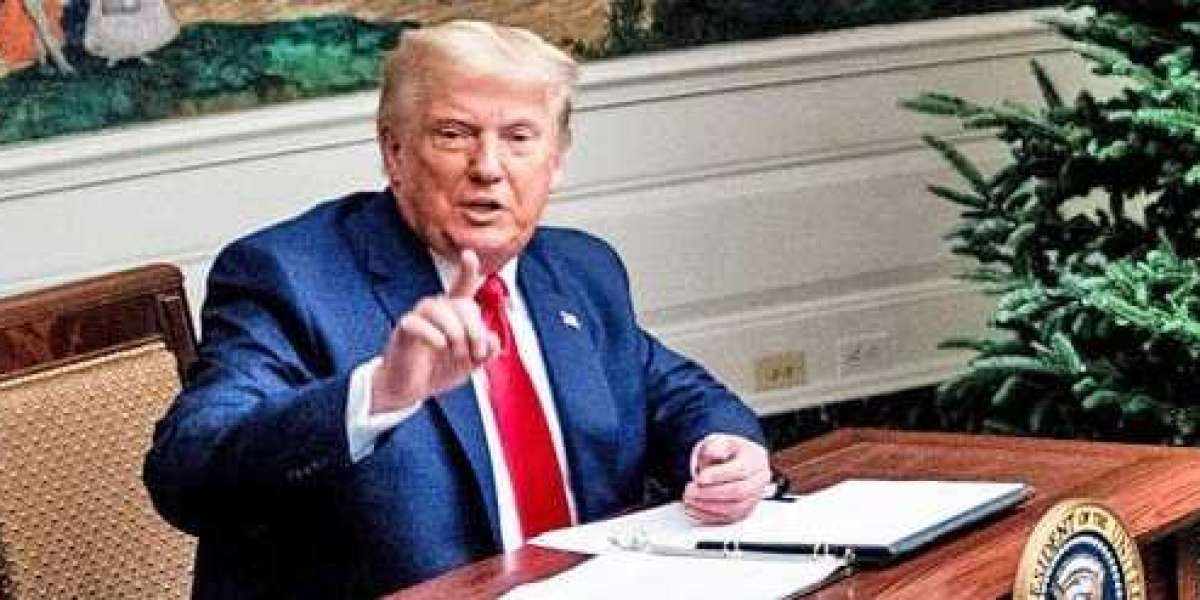In the aftermath of the 2020 election, it is crucial to critically examine the reasons why Donald Trump should not be president. While his supporters may argue that he has committed no crimes and has done nothing wrong, the facts paint a different picture. First and foremost, Donald Trump lost the 2020 election and then spent months baselessly insisting that it had been stolen from him. Despite numerous legal challenges and recounts that proved otherwise, Trump continued to propagate lies about election fraud, culminating in the violent attack on the U.S. Capitol on January 6, 2021, resulting in multiple deaths. This incident underscores Trump's disregard for democracy and the rule of law. Furthermore, let us not forget the numerous allegations of sexual misconduct that have been made against Donald Trump. Over the years, dozens of women have come forward to accuse him of harassment and assault, tarnishing his reputation and raising serious concerns about his character and fitness for holding the highest office in the country. Trump's obsession with using the power of the federal government to punish his enemies is also deeply troubling. Throughout his tenure as president, Trump consistently demonstrated a willingness to abuse his authority and target those who disagreed with him. One notable example of this was his impeachment and subsequent acquittal by the Senate, where he was charged with abuse of power and obstruction of Congress for pressuring Ukraine to investigate his political rival, Joe Biden. Additionally, Donald Trump's disregard for the truth is evident in his constant stream of false and misleading statements. According to The Washington Post, Trump made more than 30,000 "false or misleading claims" during his four years in office. These lies not only erode public trust in the presidency but also undermine the very foundations of a democratic society (Fried Harris, 2020). Furthermore, it is essential to highlight the economic impact of a Trump presidency. During his time in office, Trump left the presidency with the highest deficit in history.
His tax cuts for the wealthy and corporations disproportionately benefited the rich while doing little to stimulate sustainable economic growth. This begs the question: why should we trust Donald Trump to lead our country for another term? In conclusion, there are numerous reasons why Donald Trump should not be president again. His baseless claims about a stolen election, his history of sexual misconduct allegations, his obsession with punishing his enemies, his constant stream of lies and misleading statements, and his economic mismanagement all paint a clear picture of a leader who is unfit for the presidency. This is especially true with regard to the Trump presidency. It has become difficult to have a reasonable discussion about the most controversial president in our recent history. Before he ran for president, he organized a movement questioning former President Obama’s citizenship and religion. As president, Trump repeatedly showed a willingness to abuse his authority and target those who disagree with him (Iyengar Massey, 2018). For decades, Republicans and American conservatives have cultivated and employed public distrust in government to garner strategic benefits (Fried Harris, 2020). But officeholders have typically behaved with restraint in running for reelection, limiting their pursuit of electoral self-interest at the expense of the political system they are sworn to “preserve, protect, and defend.” In response to the charges made against him, Trump brought as guests to the audience women who, over the years, had accused Bill Clinton of sexual harassment and rape. Trust in government has become increasingly apparent, making it crucial to carefully consider who we elect as our leaders. There are numerous reasons why Donald Trump should not be president again. First and foremost, Trump's refusal to accept the results of the 2020 election is deeply concerning. Elaborate on how, despite losing the election, Trump spent months baselessly insisting it had been stolen from him.
- Fried, A., Harris, D B. (2020, October 1). In Suspense: Donald Trump’s Efforts to Undermine Public Trust in Democracy.https://doi.org/10.1007/s12115-020-00526-y
- Heiskanen, B. (2017, July 31). Meme-ing Electoral Participation.https://doi.org/10.4000/ejas.12158
- Iyengar, S., Massey, D S. (2018, November 26). Scientific communication in a post-truth society.https://doi.org/10.1073/pnas.1805868115
- 4. Schertzer, R., Woods, E. (2020, January 27). Nationalism: the ethno- nationalist populism of Donald Trump’s Twitter communication.








